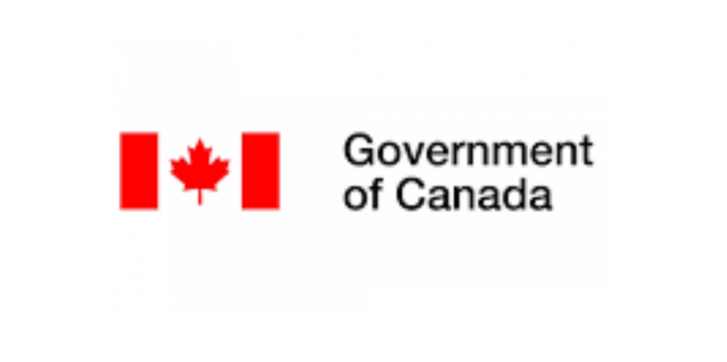If you’re in crisis
If you’re in immediate danger or need urgent medical support, call 911.
If you’re experiencing gender-based violence, you can access a crisis line in your province or territory.
You may also access support workers, social workers, psychologists and other professionals for confidential chat sessions or phone calls by texting WELLNESS to:
- 686868 for youth
- 741741 for adults
For a wide range of resources and support for Canadians:
- Wellness Together Canada portal for mental wellness and substance use issues

Fear, stress and worry are normal in a crisis
The COVID-19 pandemic has resulted in many changes. You might feel like you’re no longer in control of things. It’s normal to feel sad, stressed, confused, scared or worried. People react in different ways. Some common feelings include:
- a sense of being socially excluded or judged
- concern about your children’s education and well-being
- fear of getting sick with COVID-19 or of making others sick
- worry about losing your job, not being able to work or finances
- fear of being apart from loved ones due to isolation or physical distancing
- helplessness, boredom, loneliness and depression due to isolation or physical distancing
Tips for taking care of yourself
- Stay informed but take breaks from social media and the news.
- Practise physical distancing, but stay socially connected to friends and family through:
- phone calls
- video chats
- social media
- Practise mindfulness by:
- stretching
- meditating
- taking deep breaths
- Try to:
- eat healthy meals
- exercise regularly
- get plenty of sleep
- Follow safe food handling and cooking practices to keep you and your family safe by killing the virus and lowering your risk of infection.
- Think about how to use any unexpected flexibility in your daily routine.
- Focus on the positive aspects of your life and things you can control.
- Be kind and compassionate to yourself and others.
- If you can, limit your use of substances.
- If you do use substances, practise safer use and good hygiene.
More ways to get help
If you need help, you can call:
- your primary health provider
- a registered psychologist
- another mental health provider in your community
Suicide prevention
Crisis Services Canada
If you or someone you know is thinking about suicide, call the Canada Suicide Prevention Service at 1-833-456-4566.
Available to all Canadians seeking support. Visit Crisis Services Canada for the distress centres and crisis organizations nearest you.
For Indigenous peoples
Hope for Wellness Help Line
Call 1-855-242-3310 (toll-free) or connect to the online Hope for Wellness chat.
Available to all Indigenous peoples across Canada who need immediate crisis intervention. Experienced and culturally sensitive help line counsellors can help if you want to talk or are distressed.
Telephone and online counselling are available in English and French. On request, telephone counselling is also available in Cree, Ojibway and Inuktitut.
For youth and young adult
Kids Help Phone
Call 1-800-668-6868 (toll-free) or text CONNECT to 686868.
Available 24 hours a day to Canadians aged 5 to 29 who want confidential and anonymous care from professional counsellors.
Download the Always There app for additional support or access the Kids Help Phone website.
Youth mental health links
Access resources for youth on how to protect and improve your mental health.
For parents and guardians
It’s normal for you or your children to feel overwhelmed, stressed, confused, scared or angry during this time. Take time to understand how your child is feeling as well as your own feelings and needs.
For seniors
Older adults may be more likely to experience feelings of isolation that can impact mental health. We’ve put together a list of easily accessible resources to help seniors.
Provincial and territorial resources
AlbertaBritish ColumbiaManitobaNew BrunswickNewfoundland and LabradorNorthwest TerritoriesNova ScotiaNunavutOntarioPrince Edward IslandQuebecSaskatchewanYukon
Related links
- More mental health and wellness topics
- COVID-19 and food safety
- Healthy eating during the COVID-19 pandemic
Report a problem or mistake on this pageShare this page
Article From: Government of Canada

